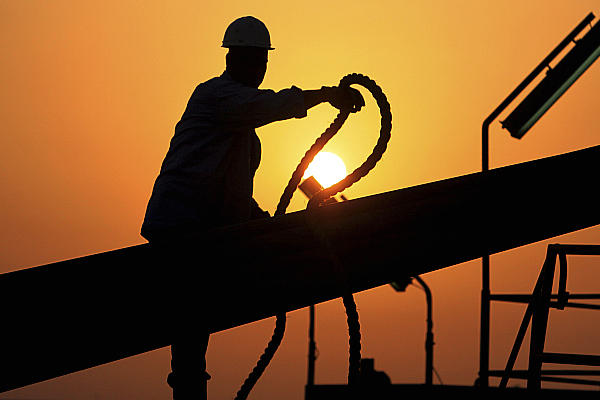SWFs as a way to protect national resource wealth from the government
 Wednesday, September 15, 2010 at 12:06AM
Wednesday, September 15, 2010 at 12:06AM 
Intriguing argument from a CSM op-ed: African nations taking cue from Arab sovereign wealth funds. Argument: better to secretively stash the cash in a SWF that is kept distant from the bureaucrats' and politicians' corrupt hands.
The key logic:
The continent’s top oil exporters, and even some of its newcomers like Ghana, are taking advice from similarly resource-endowed countries that run state revenues through SWFs, many of them in the Middle East and Asia.
Some of Africa’s oil exporters, like Nigeria, have wrestled for decades on how to safeguard resource revenue at a distance from venal bureaucrats.
Other, more nascent oil powers, like Ghana, are simply trying to get their system right from the get-go.
Middle Eastern oil giants – whose money managers often tuck away state earnings in safe, if not transparent, investments – may be an example for the continent. "The model works well because they're relatively secretive. You can't say transparency is a golden ticket," Gary Smith, head of central banks, supranational institutions and SWF business at BNP Paribas Investment Partners, recently told Reuters in an analysts of Africa's entry into the SWF market.
A $3 trillion industry
An SWF is essentially a massive, state-held investment fund – something like a 401k for the Nigerian people – that invests in a smorgasbord of assets, whether they be property, currency, sacks of gold, or Goldman Sachs shares.
The one thing they don’t do – and this is where the controversy erupts – is invest that money at home. After all, the Ghanaian cedi, the Ghanaian interest rate, the competitiveness of Ghanaian exports, and the average price of a Ghanaian home, are all wed in sickness and health to the Ghanaian economy. Piping some of that oil money toward a far-off market is a way for the country to protect its revenue far from the vagaries of its national economy.
On one hand, a sad admission of a sad state of government affairs. On the other, whatever gets the development train moving is a good thing.
For now, judgment withheld. Africa doesn't have a good history of secretive money stashes overseas.










Reader Comments